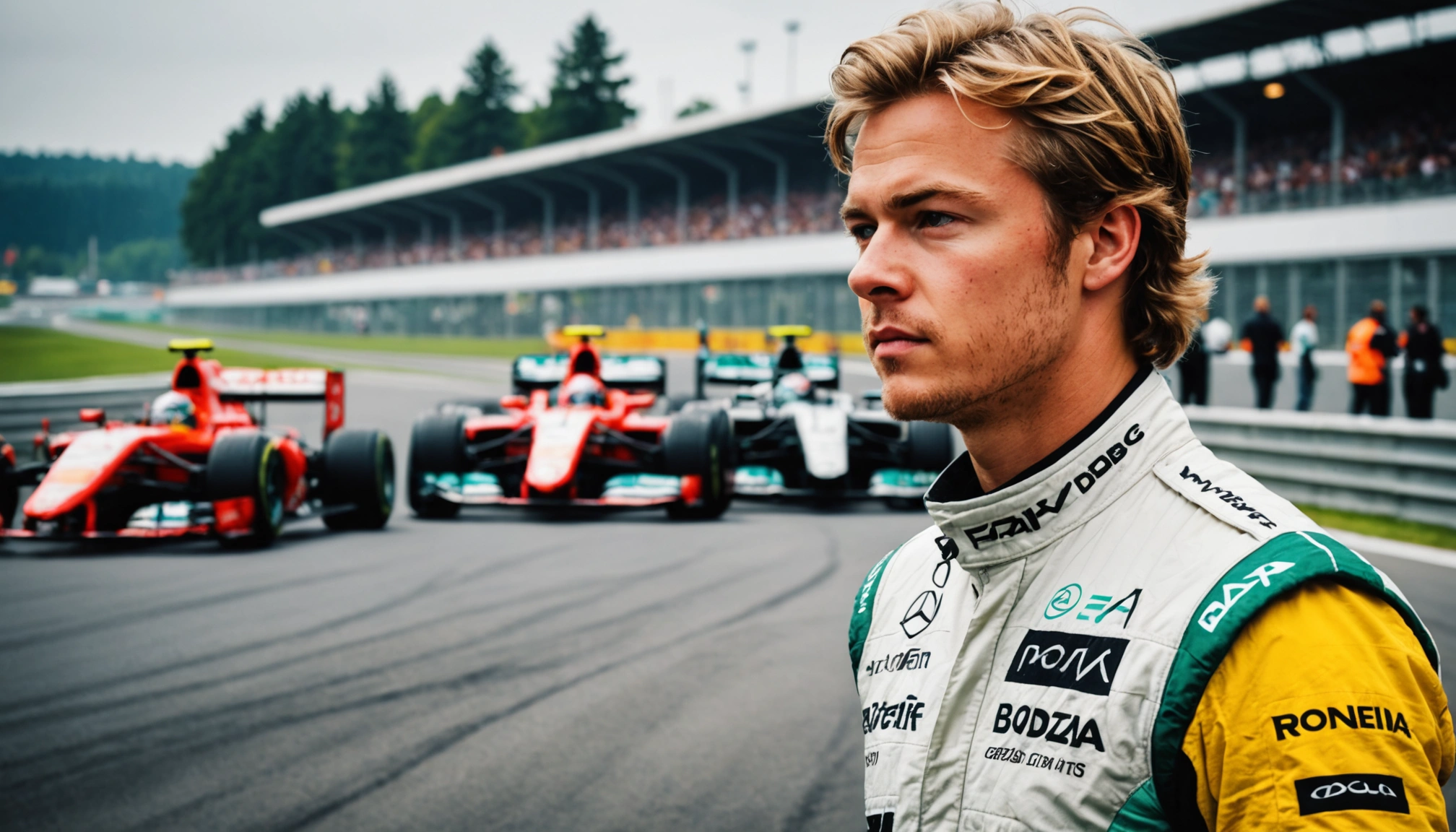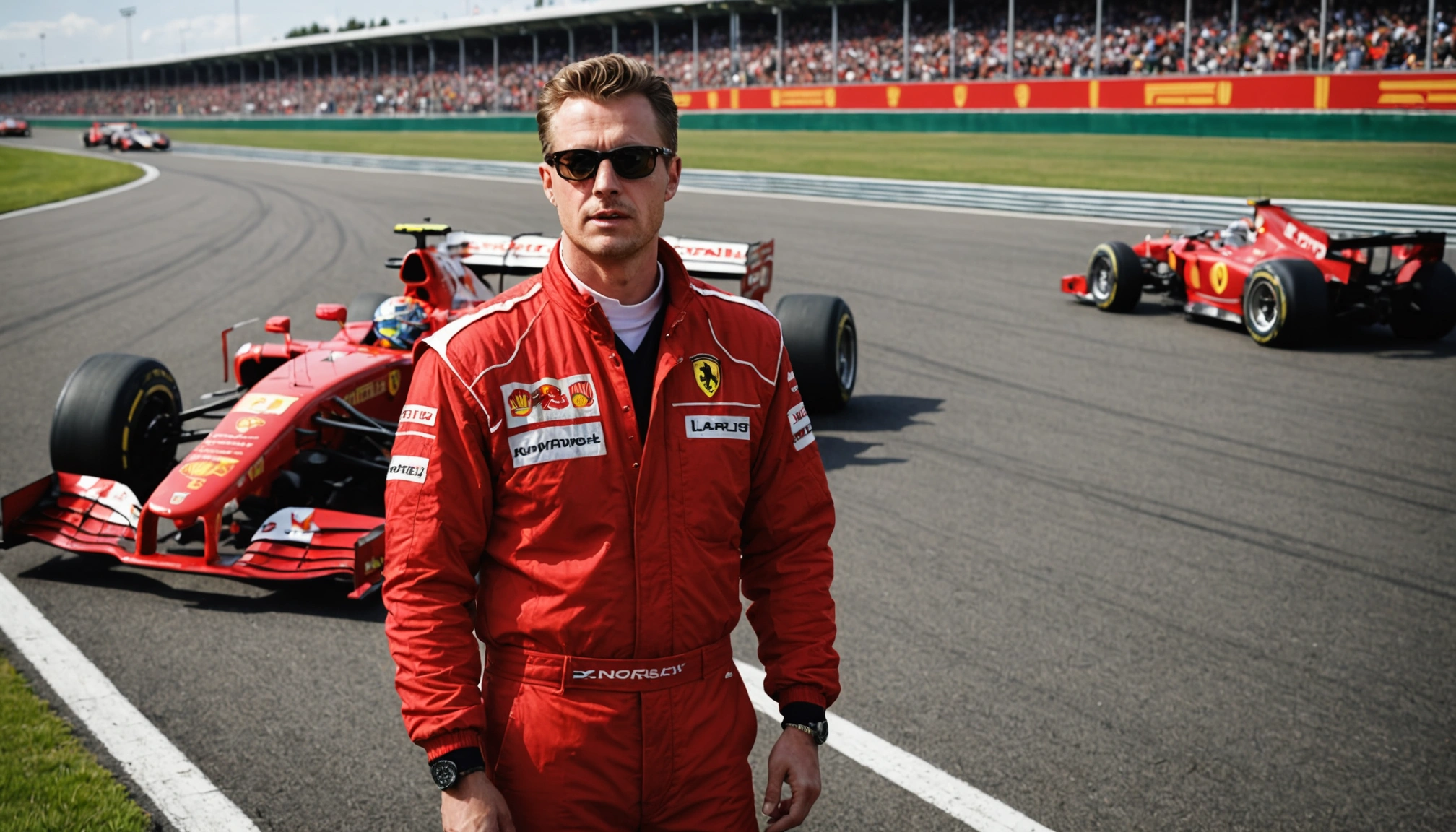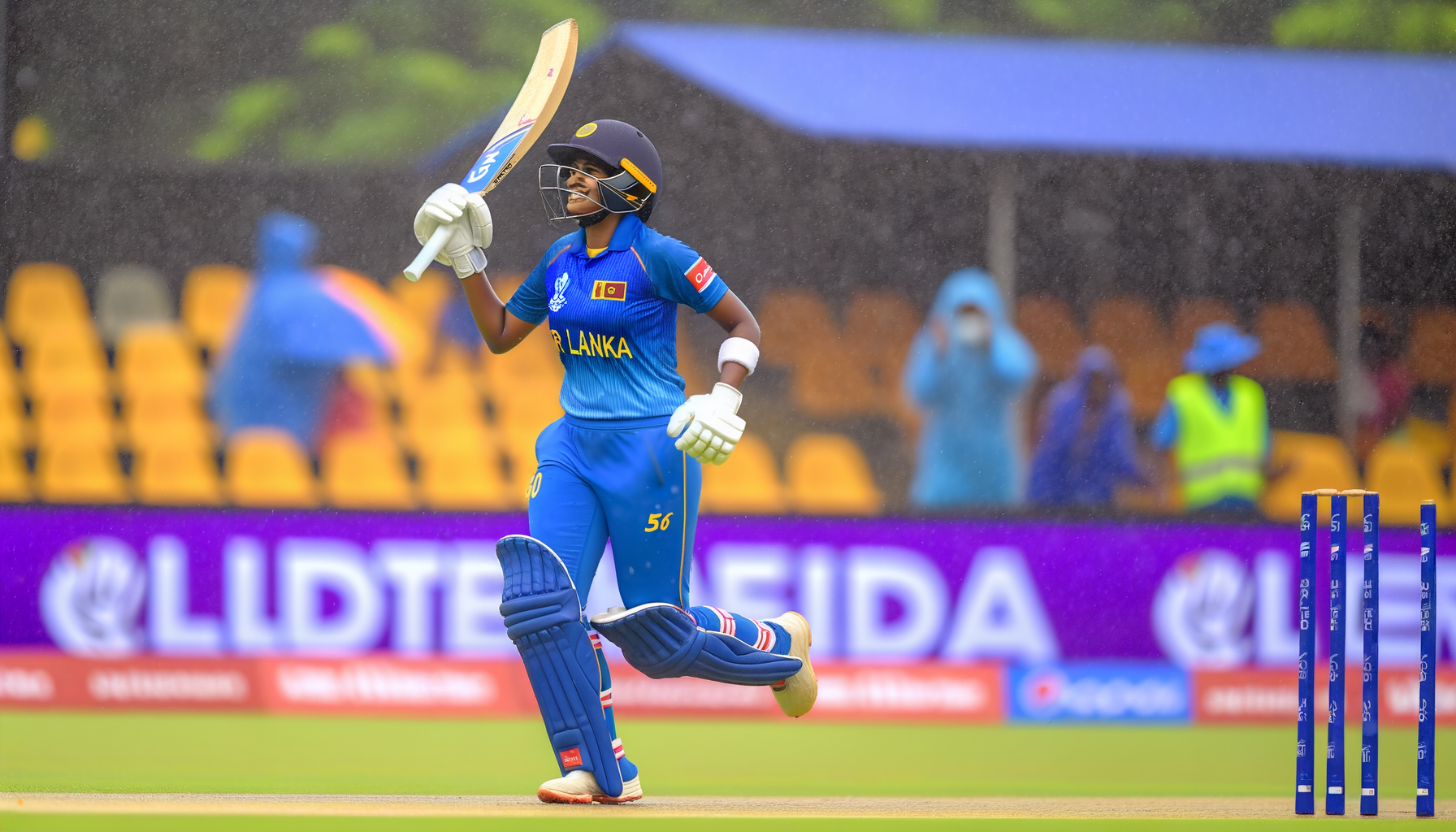Nico Rosberg Reacts To Toto Wolff's Comments On Kimi Antonelli At Monza
Nico Rosberg shares his surprise at Toto Wolff's pointed remarks about Kimi Antonelli's Monza performance. Discover the background and implications here.

By Editorial
Nico Rosberg Shares Surprise At Toto Wolff's Comments On Kimi Antonelli
At the heart of Formula 1's recent Monza Grand Prix drama, Nico Rosberg has publicly expressed his surprise at Mercedes team principal Toto Wolff's pointed remarks about young driver Kimi Antonelli. The comments sparked debate among fans and pundits alike, highlighting the pressures and expectations faced by emerging talent in the sport's elite environment.
Background On The Monza Incident
Monza, often dubbed the 'Temple of Speed', witnessed a gripping race weekend where Kimi Antonelli, a promising young talent, found himself under the spotlight. Despite showing flashes of brilliance earlier in the season, Antonelli's performance at Monza was met with some criticism from Wolff, who questioned certain decisions and race execution. This public scrutiny from a figure as influential as Wolff naturally caught the attention of the F1 community.
What Exactly Did Toto Wolff Say?
Wolff's comments were notably direct, highlighting areas where Antonelli could improve to meet the high standards of the Mercedes team. While not overtly harsh, the remarks underscored the immense pressure young drivers face when stepping into a leading team environment. Such feedback is not uncommon in F1, where marginal gains and split-second decisions can define careers.
Nico Rosberg's Perspective On The Situation
Former world champion Nico Rosberg, who understands the demands of top-flight motorsport, expressed his surprise at Wolff's approach. Rosberg emphasised the importance of balancing constructive criticism with support, especially for emerging drivers adapting to the intense spotlight. Having navigated similar challenges himself, Rosberg suggested that while honest feedback is crucial, maintaining driver confidence is equally important.
Rosberg's reaction adds a nuanced layer to the discussion around driver management in F1, as teams strive to cultivate talent without stifling their potential. His insights resonate not only within motorsport but also in broader sporting contexts where young athletes face high expectations.
The Challenges Faced By Young Drivers In Formula 1
Stepping into Formula 1 is a monumental leap for any driver, amplified when joining a top team like Mercedes. The scrutiny from media, fans, and team management can be relentless. Drivers like Kimi Antonelli must quickly adapt to the technical complexity of modern F1 cars, race strategy nuances, and intense competition.
Moreover, the mental resilience required cannot be overstated. The pressure to perform consistently at circuits like Monza, known for its high speeds and tight corners, tests even seasoned professionals. Wolff’s critical remarks, while aimed at improvement, highlight this high-pressure environment.
Case Study: Young Talent Navigating Pressure
Consider George Russell, who faced similar scrutiny early in his Mercedes career. Despite initial challenges, Russell’s ability to absorb feedback, maintain composure, and improve race craft has been pivotal to his growth. This example illustrates that while criticism can sting, it often serves as a catalyst for development if managed well.
Implications For Mercedes And F1's Future Stars
The interaction between Wolff and Antonelli is a microcosm of the broader dynamics at play in F1. Teams must balance nurturing talent with the relentless pursuit of victory. Mercedes, historically successful with drivers like Lewis Hamilton and Rosberg himself, will be keen to ensure their young drivers receive the right blend of challenge and encouragement.
This situation also raises questions about how teams communicate with emerging drivers in the public eye. Transparency can motivate but risks damaging confidence if not handled sensitively.
Connecting The Dots: Broader Sporting Parallels
Similar tensions exist across sports. For example, in football, young players often face public scrutiny from managers and pundits alike. For those interested in how sports teams manage young talent beyond motorsport, resources like the article on Scotland's World Cup dream optimism and challenges ahead provide valuable insights into nurturing potential amid pressure.
What This Means For Fans And The Sport
Fans witnessing this exchange gain a rare glimpse into the high-stakes environment behind the scenes. It reminds us that every podium finish or race mishap involves complex human stories. Understanding these dynamics enriches the viewing experience and fosters greater appreciation for drivers’ resilience.
For Kimi Antonelli, this episode may serve as a defining moment, shaping his approach to racing and team interaction moving forward.
Conclusion: Balancing Criticism And Support In Formula 1
The surprise expressed by Nico Rosberg at Toto Wolff's comments on Kimi Antonelli's Monza performance opens an important dialogue about driver development in Formula 1. Constructive criticism is essential, yet it must be balanced with empathy and encouragement to truly unlock a young driver's potential.
As the new generation of drivers pushes boundaries, teams like Mercedes face the challenge of fostering growth while maintaining competitive edge. Fans can look forward to watching how Antonelli and his peers evolve under this pressure-cooker environment.
For further insights into young talent thriving under pressure in British sport, see British gymnastics shines with fresh talent and historic wins and Elliot Anderson's rise a strong case for England's World Cup squad.
Related topics
Editorial
Sports expert at SportsScoop
Specialist in sports analysis and journalism
Related articles
Want to read more?
Explore our comprehensive collection of sports articles and analysis, or contact us for more information.



